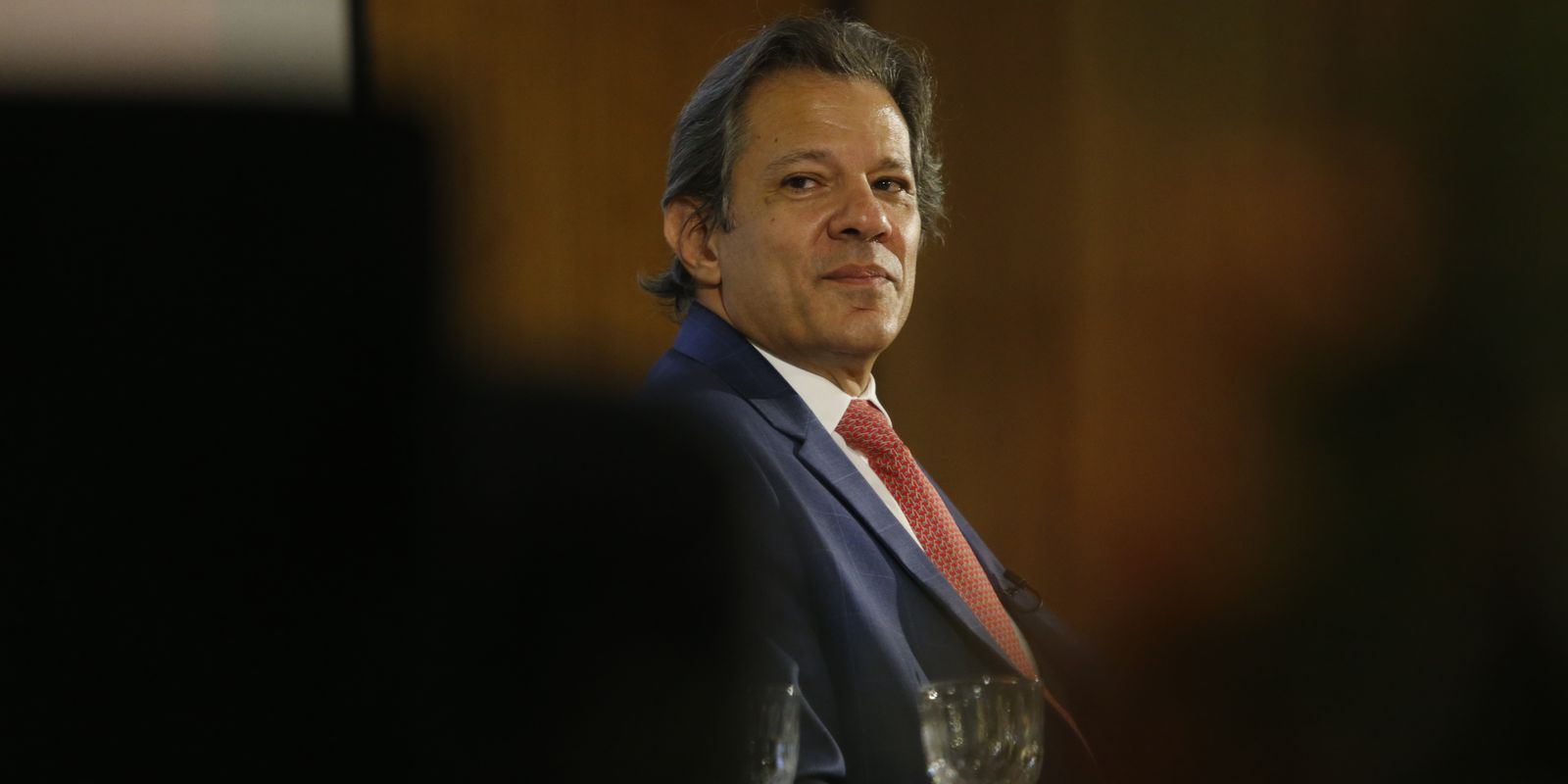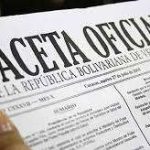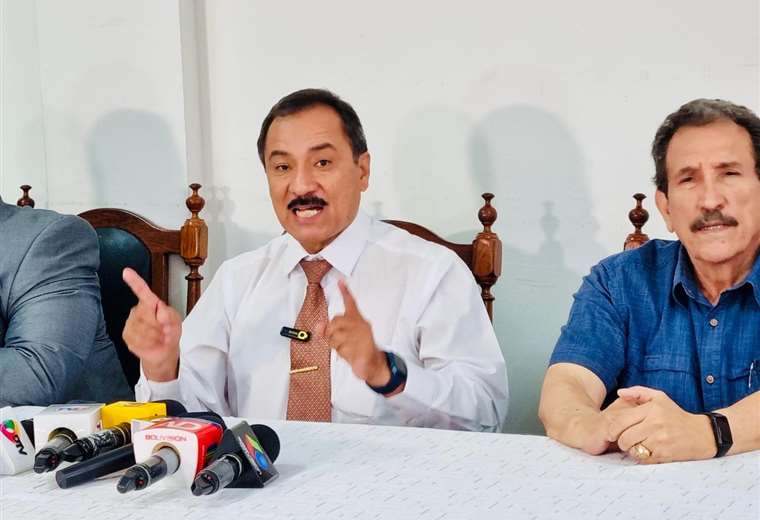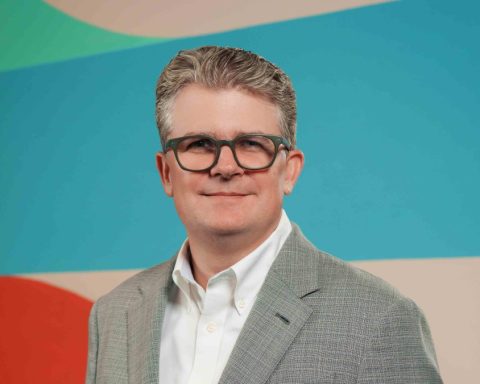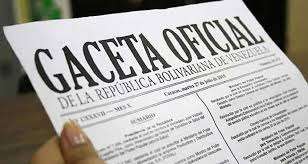The Minister of Finance, Fernando Haddad, said, this Wednesday (16), that the government wants to ensure that the fiscal framework has a “long life”. After a meeting with President Luiz Inácio Lula da Silva and directors of the Brazilian Federation of Banks (Febraban), at Palácio do Planalto, Haddad commented on the set of cost-cutting measures that must be presented by the economic team to achieve primary outcome targets.
“When [a economia] grows you have room for expenses to grow a little less, but also follow the country’s development, but at a pattern and pace consistent with our current reality. It is this equation that we want to close by the end of the year”, he explained, remembering that there is concern about the future dynamics of the fiscal framework, which is the set of rules that determines the management of the country’s public accounts, the dynamics between revenues and expenses. .
“The framework has to be long-lasting, it cannot be something like what happened with the spending cap. Everyone who looked at the spending cap knew that it would be short-lived,” he said.
The minister informed that the government will dialogue with parliamentary leaders on the resumption of Congress after the municipal elections. “The fiscal framework was designed by many hands, with great participation in Congress, so we are able to look ahead and make the parts fit into the whole dynamically, make the evolution of expenditure respect the constraints that the Brazilian economy is going through today, due to the inheritance received, the level of debt and everything else”.
According to Haddad, Febraban pointed out several paths to fiscal sustainability, from the balance of Social Security and “the effects of having or not having expertise on the granting of benefits”.
At the meeting, the banking entity took stock of the labor reform and the dialogue it maintains with the unions to “improve the standard of relationships with workers, avoiding unnecessary judicialization that implies costs that will end up affecting the cost of credit”.
High interest
The meeting with President Lula took place at the request of Febraban so that the institution could present its vision on the economic situation and other topics. In addition to Haddad, the Minister of the Institutional Relations Secretariat, Alexandre Padilha, was present; the executive president of Febraban, Isaac Sidney, and the presidents of the country’s largest private banks – Itaú, Bradesco, Santander and BTG.
During the meeting, Lula gave approval for the debate on the causes that make bank interest rates so high in the country. At the request of Febraban, still in October, a working group should be installed in the Council for Sustainable Social Economic Development (CDESS)the Council, which brings together representatives from different segments of society.
“We realize that it is a firm commitment from the government to move forward in the effective search for fiscal balance, so that expenses can not only fit within the budget, but so that they can be balanced, so that we can have a trajectory of balanced expenses. This is an important agenda. We told the president that it is essential to dispel the noise, the uncertainties”, said the executive president of Febraban, Isaac Sidney.
“Brazil is going through a very positive, very favorable economic situation, with economic activity growing at a high level, with growth surprises, with inflation under control. But we believe that this is the time to take advantage of this window in which Brazil is growing, with inflation under control, so that we can, from a structural point of view, attack some important problems”, added the executive.
According to him, the banking sector’s desire is to have low interest rates in the economy to democratize access to credit in the country. “The banks are not interested in having high interest rates. The higher the bank interest rates, the greater the credit risk, the greater the default. What we want is a healthy credit environment that can allow more favorable conditions for granting credit to families and companies’, he said, defending that the Central Bank can restart, “as soon as possible”, the cycle of falling interest rate in the country.
Selic
To control inflation, the Central Bank uses the basic interest rate, the Selic, as its main instrument, set at 10.75% per year by the Monetary Policy Committee (Copom). The recent rise in the dollar and uncertainties surrounding inflation made the board raise interest rates. for the first time in more than two years, at the last meeting in September.
The last interest rate hike had occurred in August 2022, when the rate rose from 13.25% to 13.75% per year. After spending a year at this level, the rate had six cuts of 0.5 points and one cut of 0.25 points, between August last year and May this year. At meetings in June and July, the Copom decided to maintain the rate at 10.5% per year.
The next Copom meeting is scheduled for November 5th and 6th, when analysts expect a new increase in the basic rate. For the financial market, Selic should end 2024 at 11.75% per year.
